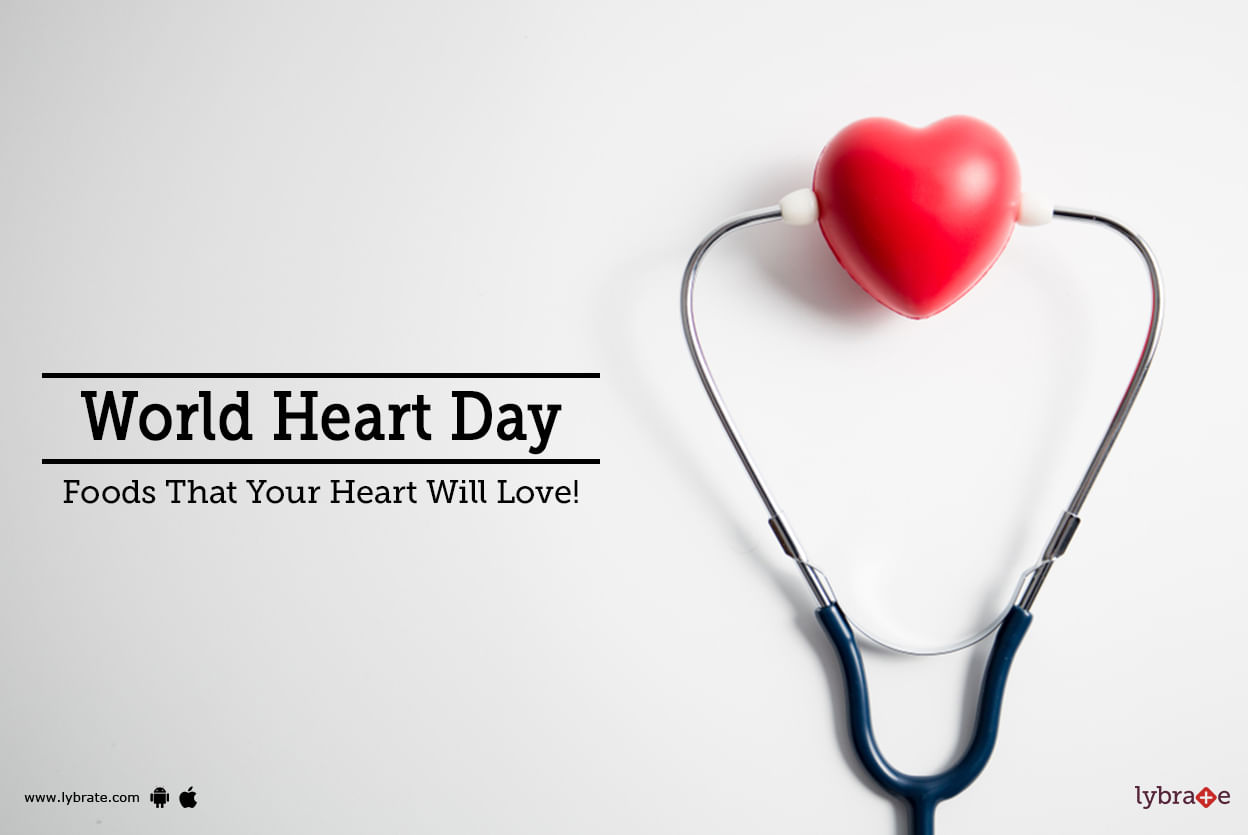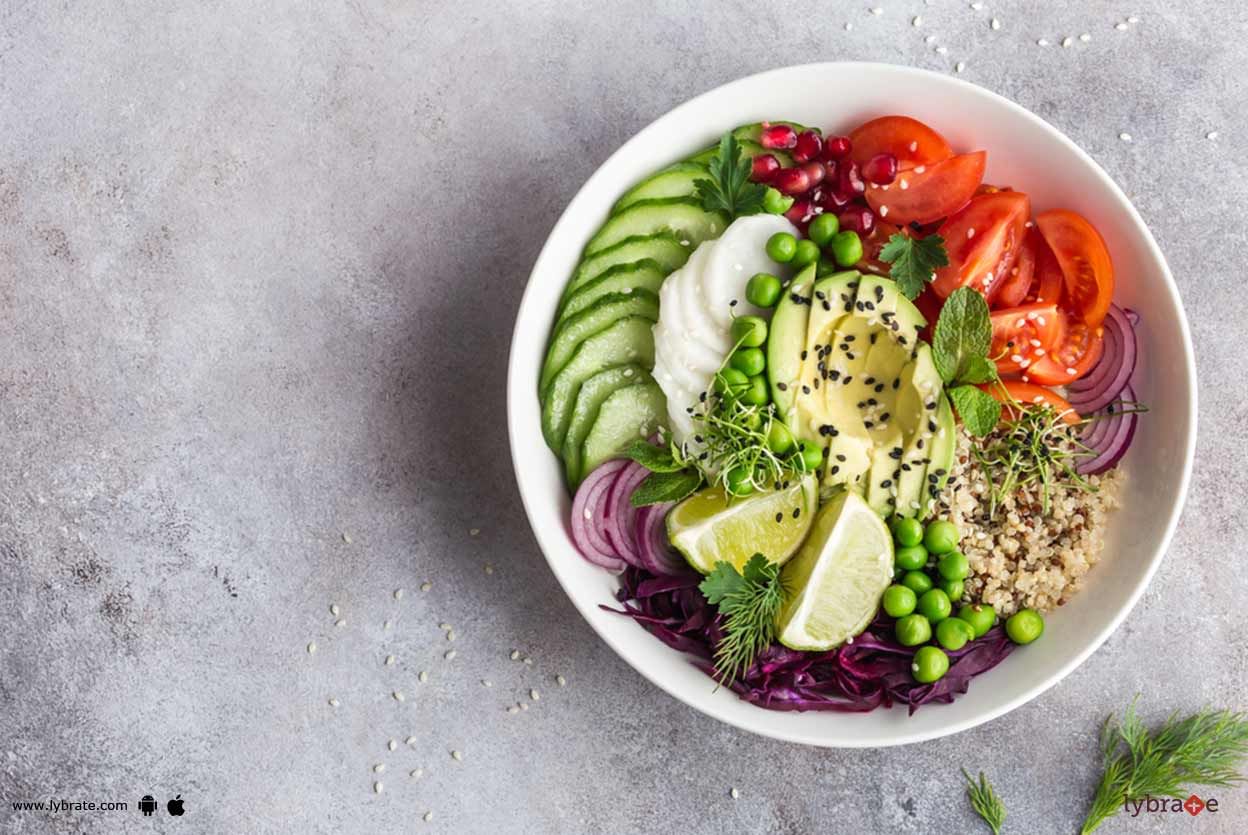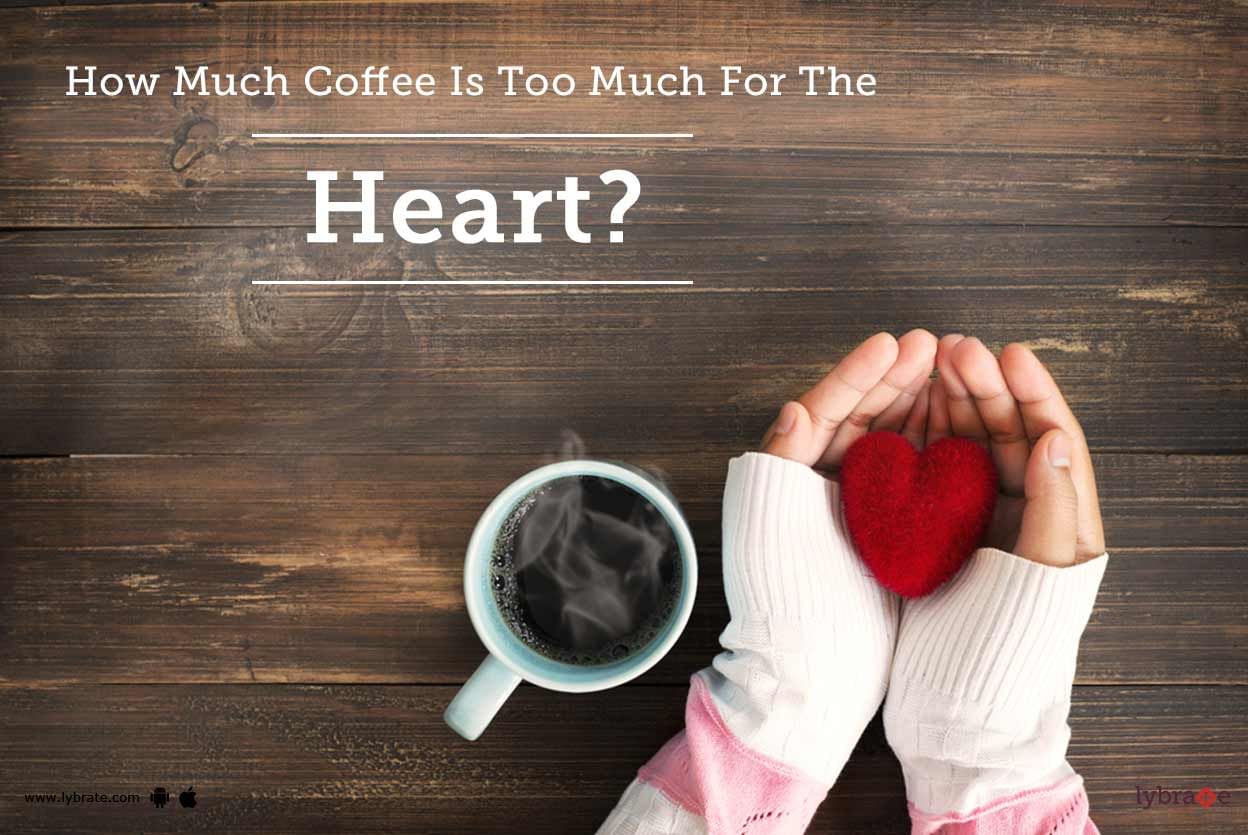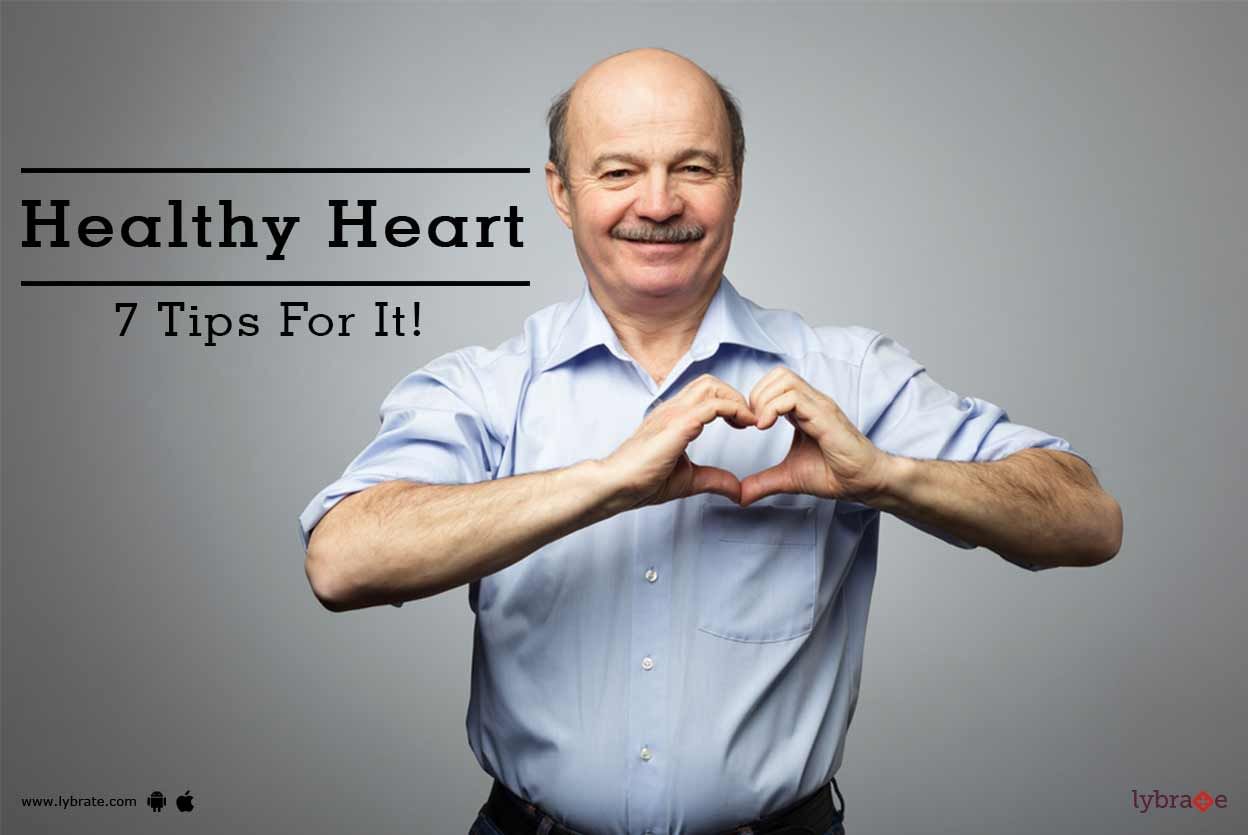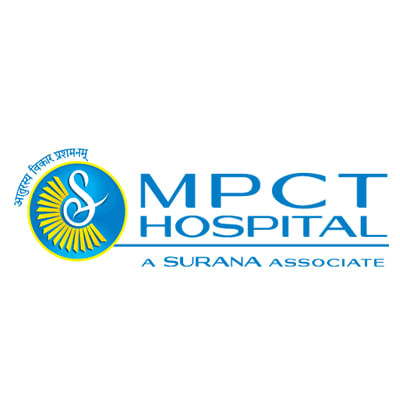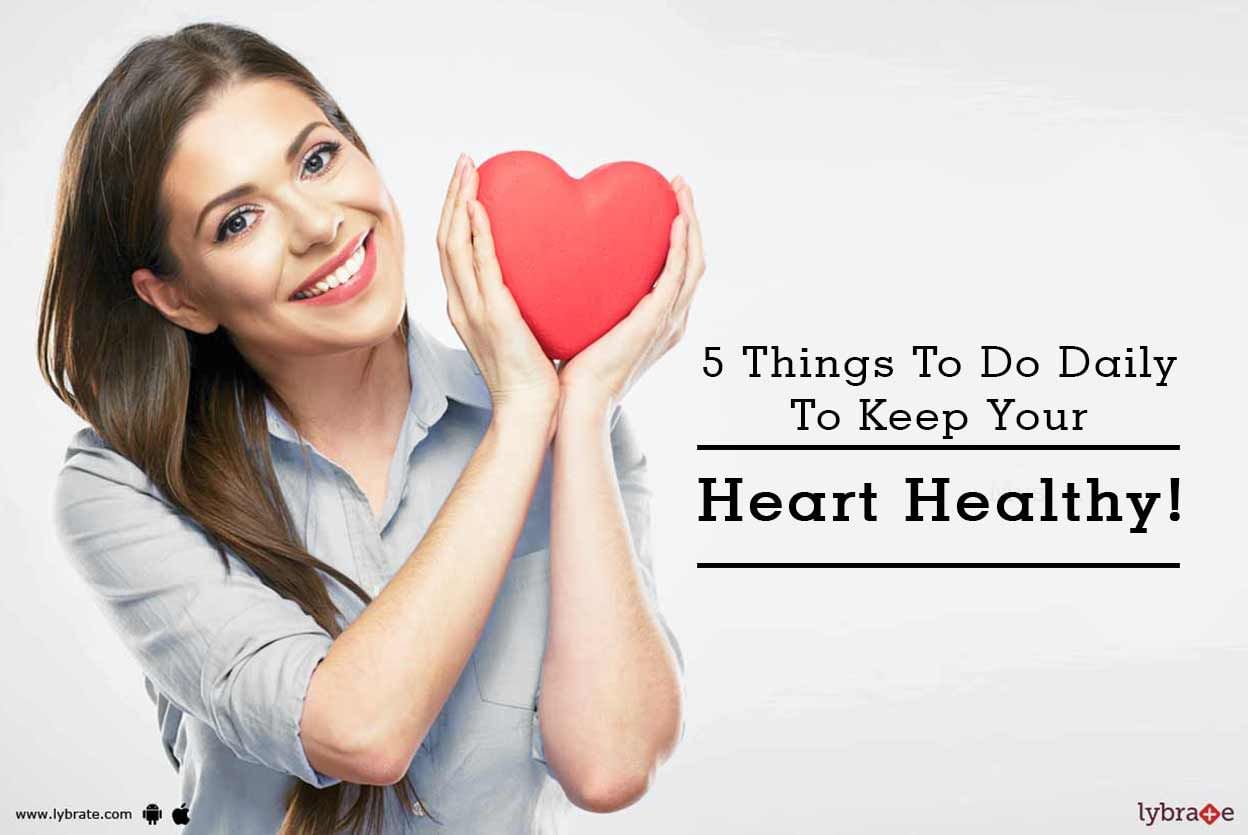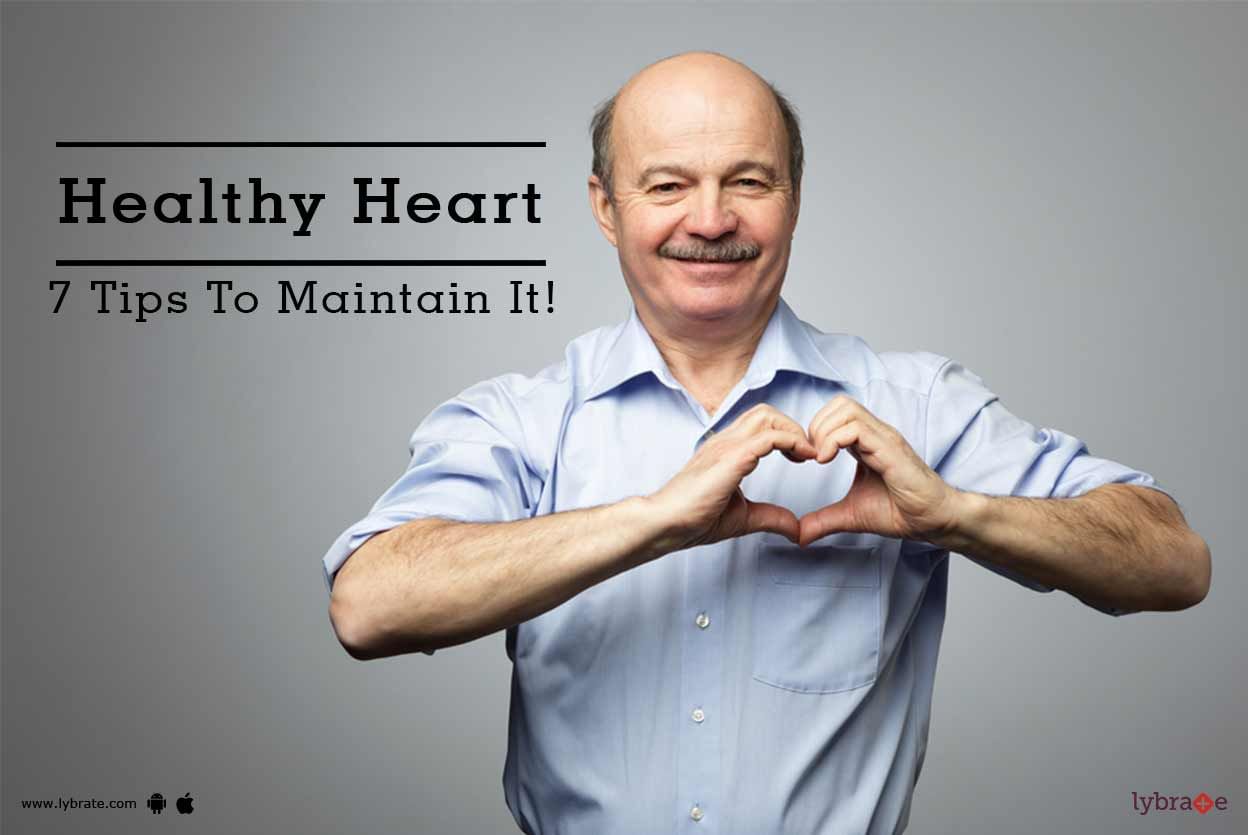Get the App
For Doctors
Login/Sign-up
Health Feed
Find Doctors
Health Packages
AllQ&AsTipsQuizzes
Healthy Heart Diet Tips
Last Updated: 5 years ago• Featured Tip
Share
Bookmark
Report
Bachelor of Ayurveda, Medicine and Surge...read more
Ayurvedic Doctor•Lakhimpur Kheri
World Heart Day (29th September) is celebrated to make people aware of the things that could be hurting your heart and how better care can be taken of this vital organ. Following a balanced and healthy diet is an essential method of safeguarding your heart against coronary diseases. On this day let us pledge to start eating healthy. Studies have found that adding some basic food items to your diet that your heart simply loves, along with regular physical activities and regular health screening c...more
Last Updated: 6 years ago• Featured Tip
Share
Bookmark
Report
If you had suffered a heart attack recently, it is quite natural to for a patient to feel weak as the heart goes through a tremendous amount of stress during the condition. So, it is very important for a heart patient to know the things that will help you them recover from it. A healthy diet is the first step towards recovery. A proper diet can not only help you recover quickly, but you won t suffer from a second attack too. If people had followed these dietary habits beforehand, then they would...more
Last Updated: 6 years ago• Featured Tip
Share
Bookmark
Report
Your diet plays a major role in the health of your heart, so eating healthy should be somewhere on the top of the list for keeping your heart healthy as well. There are numerous heart disorders that occur due to unhealthy food patterns and consumption. Lifestyle factors are the major causes of heart disease, and diet occupies an almost compelling spot when lifestyle factors are taken into consideration.
Here is a list of foods that keeps your heart healthy:
Salmon: Omega-3 fat...more
Here is a list of foods that keeps your heart healthy:
Salmon: Omega-3 fat...more
Last Updated: 6 years ago• Featured Tip
Share
Bookmark
Report
Coffee is the boost up drink for many people. It brings freshness and stimulant to the day. Various studies show that coffee drinkers have a useful lifespan; it results in better concentration and productivity. Drinking coffee has many health benefits. But too much of anything is harmful to health. Too much caffeine can affect your health and disturb your bowel system.
What Happens When You Drink Too Much Coffee?
Most coffee is safe for adults. But if you are a heavy coffee dri...more
What Happens When You Drink Too Much Coffee?
Most coffee is safe for adults. But if you are a heavy coffee dri...more
Last Updated: 6 years ago• Featured Tip
Share
Bookmark
Report
When a person is suffering from heart disease it becomes very vital that you take care of his or her diet. The food and ingredients the person eats on a daily basis has a lot of influence on the overall health of the person. The wrong diet can increase the risk of the heart disease affecting the person a lot more. Therefore you should be aware of some important information which will help you to prepare the best diet meal for a person in a cardiac disorder.
More Vegetables, Grains and...more
More Vegetables, Grains and...more
Last Updated: 6 years ago• Featured Tip
Share
Bookmark
Report
While you may be worried about being affected with coronary diseases just because your forefathers suffered them, there are various factors that are absolutely in your sole control. With a little change in lifestyle and following a well-regulated routine, you can easily keep your hereditary cardiac diseases at bay.
Take a Healthy Diet Regularly: Increase the amount of green leafy vegetables and colourful fruits in your regular diet as they are rich in phytonutrients and other ...more
Take a Healthy Diet Regularly: Increase the amount of green leafy vegetables and colourful fruits in your regular diet as they are rich in phytonutrients and other ...more
Last Updated: 6 years ago• Featured Tip
Share
Bookmark
Report
If you are concerned about your heart s health, it is important for you to make some dietary modifications. Simple changes in your everyday diet may offer benefits, which help in preventing future heart problems. If you suffer from high blood pressure or high cholesterol or have atrial fibrillation.
Here are some tips regarding the best diet for protecting your heart:
Believe in the food hype: Having healthy meals is certainly beneficial and makes a big difference to your heart...more
Here are some tips regarding the best diet for protecting your heart:
Believe in the food hype: Having healthy meals is certainly beneficial and makes a big difference to your heart...more
Last Updated: 6 years ago• Featured Tip
Share
Bookmark
Report
Multi Speciality•Mumbai
The heart is one part of your body that pumps blood relentlessly; to be grateful to the most important organ, it s your duty to look after its health. Cardiovascular diseases and heart ailments can be prevented by making minor changes in your lifestyle.
Here are a few tips to keep your heart healthy:
Add fiber to your diet: Making fiber a part of your regular diet is a great idea as the heart works best when it runs on natural fuel. You can achieve this by adding more raw fruit...more
Here are a few tips to keep your heart healthy:
Add fiber to your diet: Making fiber a part of your regular diet is a great idea as the heart works best when it runs on natural fuel. You can achieve this by adding more raw fruit...more
Last Updated: 6 years ago• Featured Tip
Share
Bookmark
Report
A heart attack is usually characterised by the rupture of a plaque which can cause the spread of the cholesterol into the blood stream.
Cardiovascular diseases are a major cause of pain, suffering and death around the world, today. Heart attacks are caused by coronary heart disease. This is caused by the narrowing of the coronary artery when substances like cholesterol block it. If not treated and revived on time, a patient suffering from a heart attack can meet a fatal result.
more
Cardiovascular diseases are a major cause of pain, suffering and death around the world, today. Heart attacks are caused by coronary heart disease. This is caused by the narrowing of the coronary artery when substances like cholesterol block it. If not treated and revived on time, a patient suffering from a heart attack can meet a fatal result.
more
Last Updated: 6 years ago• Featured Tip
Share
Bookmark
Report
Bsc - Microbiology, Post Graduate Diplom...read more
Dietitian/Nutritionist•Noida
If you are concerned about your heart s health, it is important for you to make some dietary modifications. Simple changes in your everyday diet may offer benefits, which help in preventing future heart problems.
If you suffer from high blood pressure or high cholesterol or have atrial fibrillation, here are some tips regarding the best diet for protecting your heart:
Believe in the food hype: Having healthy meals is certainly beneficial and makes a big difference to your hear...more
If you suffer from high blood pressure or high cholesterol or have atrial fibrillation, here are some tips regarding the best diet for protecting your heart:
Believe in the food hype: Having healthy meals is certainly beneficial and makes a big difference to your hear...more
Book appointment with top doctors for Healthy Heart Diet treatment
View fees, clinic timings and reviews
Ask a free question
Get FREE multiple opinions from Doctors
posted anonymously


